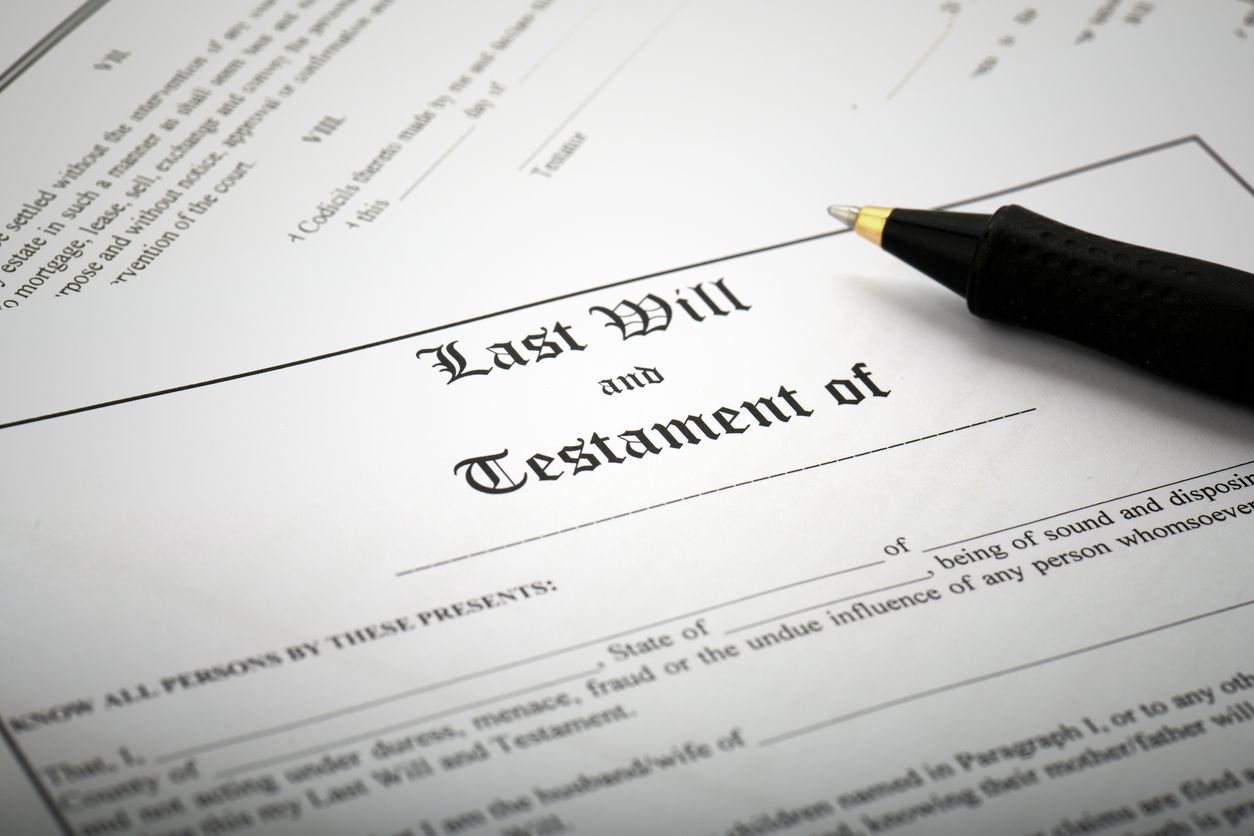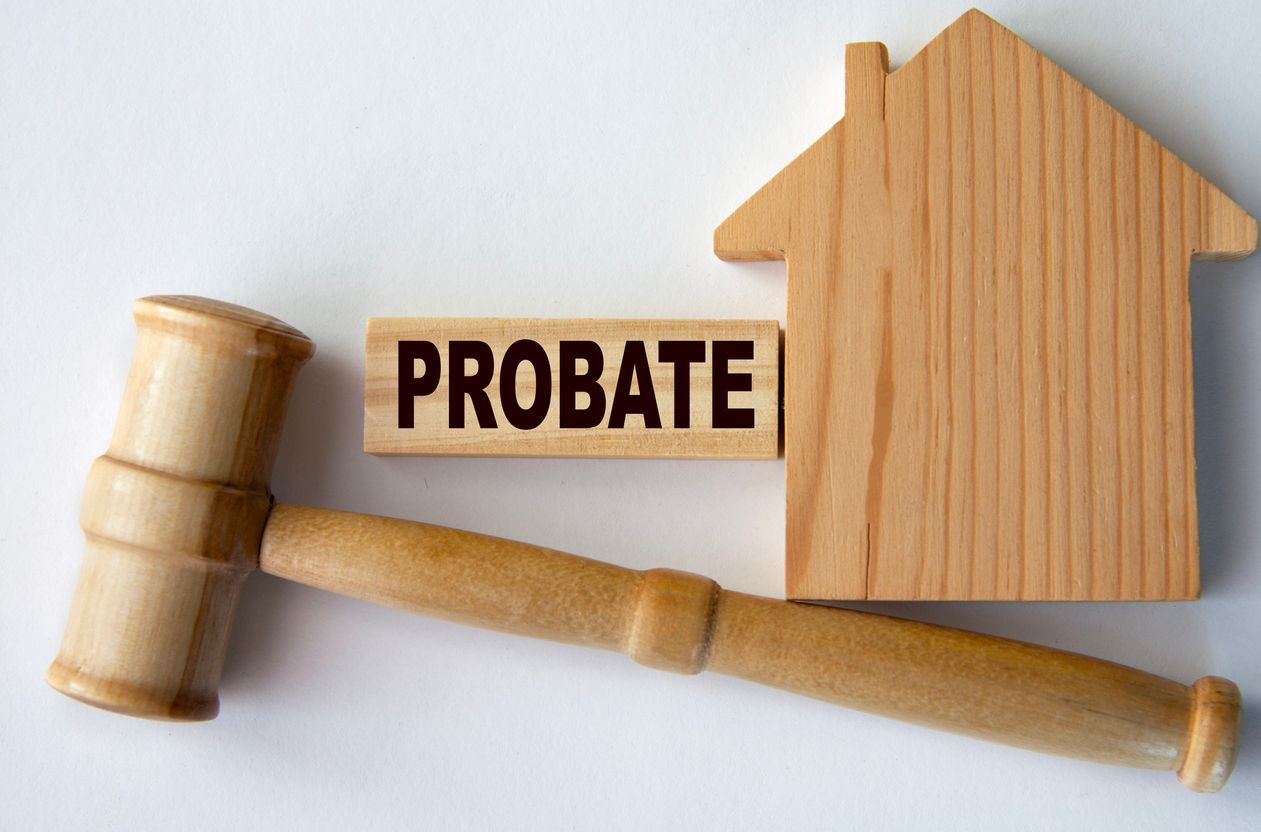Beginner's Guide to Probate
Understanding the Probate Process: A Simple Guide for Families in Tennessee

When a loved one passes away, handling their estate can feel overwhelming. If you’ve heard the term "probate" but aren’t sure what it means or how it works, you’re not alone. Probate is the legal process of settling a deceased person’s estate, ensuring that their debts are paid and their assets are distributed according to their will—or, if there is no will, according to state law.
At Ashley Ownby, Attorney at Law, we understand that probate can seem complex, but with the right guidance, it doesn’t have to be stressful. This beginner’s guide will help you understand the basics of probate in Tennessee and what to expect during the process.
What Is Probate?
Probate is a court-supervised process that validates a deceased person's will (if there is one) and oversees the distribution of their estate. This includes:
- Identifying and valuing assets
- Paying any outstanding debts and taxes
- Distributing assets to beneficiaries
If the deceased did not have a will, probate still takes place, but the court follows Tennessee’s intestate succession laws to determine how assets are divided.
When Is Probate Necessary?
Not all estates require probate. Some assets pass directly to beneficiaries without going through the court system, including:
- Jointly owned property (such as a home owned by spouses)
- Life insurance policies with designated beneficiaries
- Retirement accounts with named beneficiaries
- Trust assets
However, if the deceased owned property solely in their name or had significant debts, probate is often required to properly settle the estate.
Steps in the Probate Process
The probate process typically follows these key steps:
1. Filing a Petition
The process begins when an executor (named in the will) or a family member files a petition with the probate court to open the estate. If there is no will, the court appoints an administrator.
2. Notifying Creditors and Beneficiaries
The court requires that creditors and potential heirs be notified of the probate process. This allows creditors to make claims against the estate if the deceased had outstanding debts.
3. Inventorying the Estate
The executor gathers and appraises all assets, such as real estate, bank accounts, investments, and personal property.
4. Paying Debts and Taxes
Before distributing assets to heirs, the executor must use estate funds to pay any outstanding debts, taxes, and administrative expenses.
5. Distributing Assets
Once all debts are settled, the remaining assets are distributed to beneficiaries according to the will or state law.
6. Closing the Estate
The final step involves submitting a report to the court, showing that all debts have been paid and assets distributed. The court then officially closes the estate.
How Long Does Probate Take?
The timeline for probate varies depending on the complexity of the estate. A simple estate may be settled in a few months, while more complex cases can take a year or longer. Delays can occur if disputes arise, such as contested wills or disagreements among heirs.
Do You Need a Probate Attorney?
While some estates can be handled without an attorney, many families find that working with a probate lawyer makes the process smoother and less stressful. An attorney can:
- Ensure the correct legal procedures are followed
- Help resolve disputes among beneficiaries
- Handle creditor claims and estate debts
- Speed up the probate process
At Ashley Ownby, Attorney at Law, we help families in Tennessee navigate probate with confidence and clarity. Whether you're an executor needing legal guidance or a family member with questions about your loved one’s estate, we’re here to assist you.
Contact Us for Probate Assistance
If you need help with probate or have questions about estate planning, contact Ashley Ownby, Attorney at Law today. We provide compassionate and knowledgeable legal services to guide you through the process.











